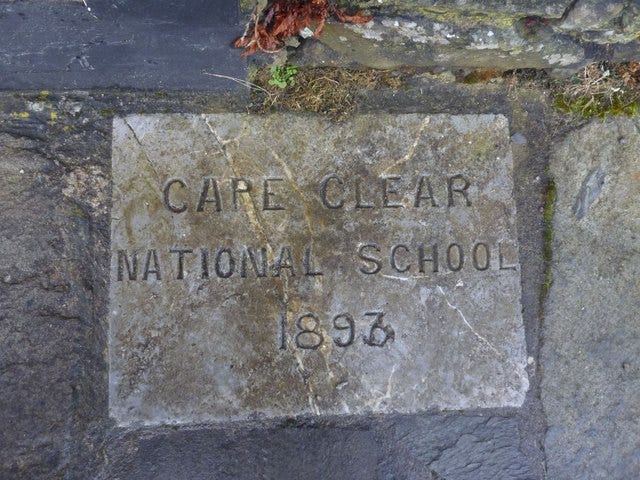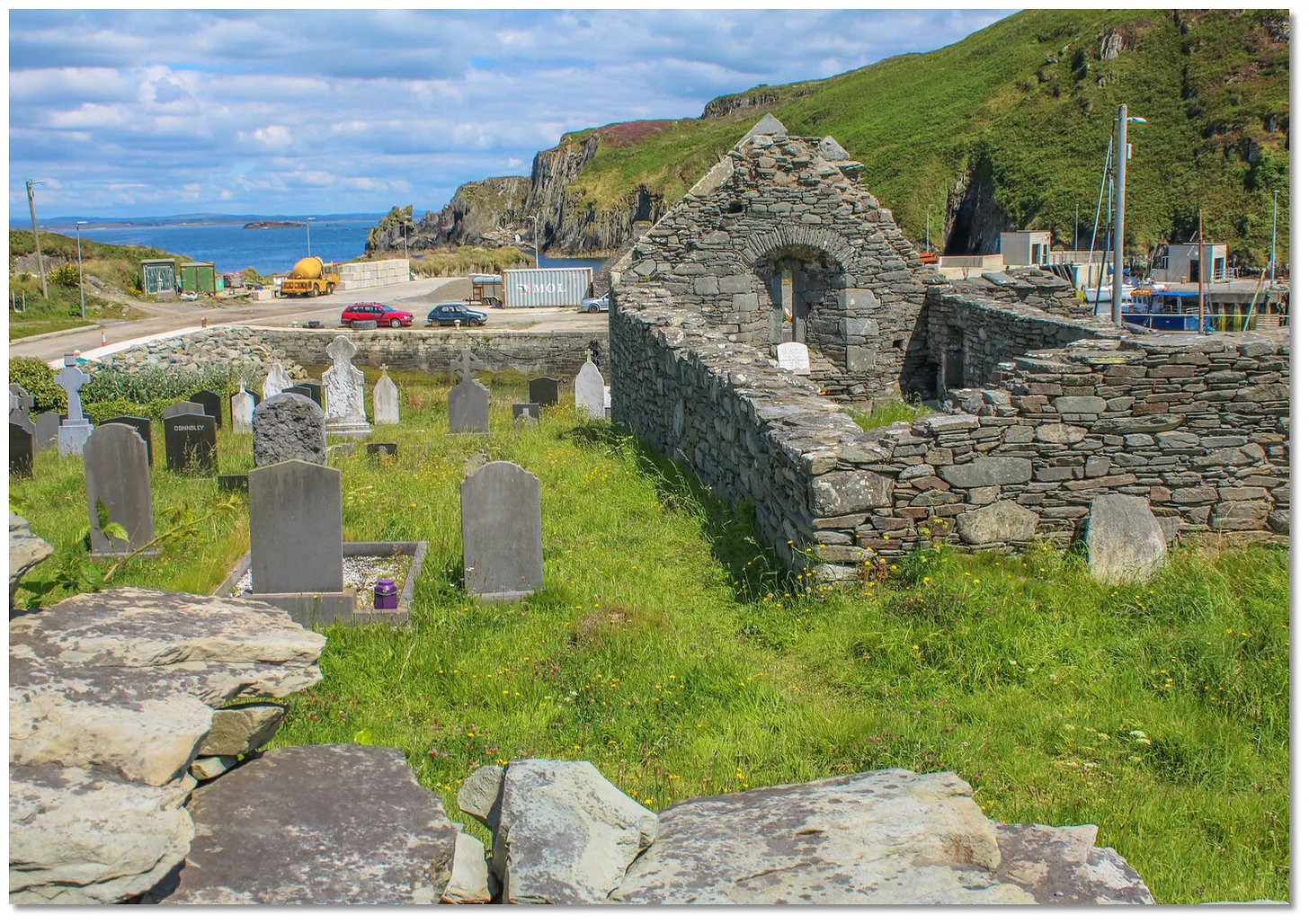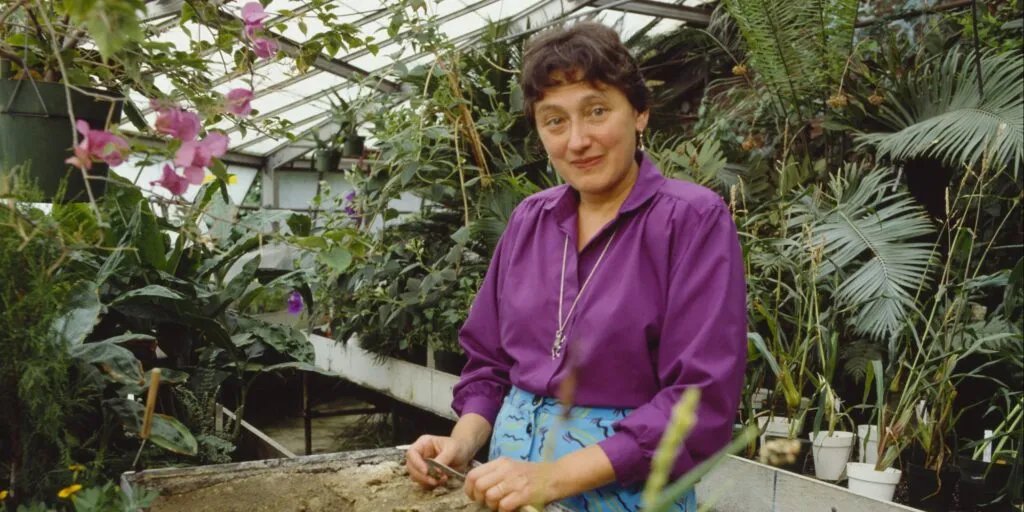
Divining the…—gap
In Can we define the… —gap? I’ve begun my exploration of this near constant feature of our lives.
There is, in philosophical border disputes between theology and science, a term created by theologians protecting the honour of their mono-god, and it is critical of other believers who use science up until some point where they cannot explain something, and who then praise god for the deus ex machina. The criticism is based, in part, on the commandment to not take a god’s name in vain.
It is a common enough phrase to have its own wikipedia entry: god of the gaps.
This is definitely an inspiration and influence regarding my own intimations of the… —gap. But because of science, not faith. Because of the complexity that we practice in being alive, amidst the incompleteness and undecidability of systems, and because— of what is (inside) regards that what which is not (inside). Even if that not (inside) has an inside of its own.
It’s alive!
So for me in thinking the noggin out of the notice of the… —gap, it begins in relation to my highly engaged reading of Nick Lane’s The Vital Question on possible pathways between the not alive and the living, within an evolutionary framework of the early planet Earth.
I was reading it thinking… —it does not quite link it all up, but nearly— god I thought …there is always a gap. I sighed.
Ignoring the question of panspermia or panovulia, if life as we known did begin on this planet, or perhaps on our nearest neighbouring planets, I found Nick Lane stepping through some possible pathways in The Vital Question.
Wherein the capturing of proton flows (H+) in pockets or folds of some unknown substrate, and if not capturing then delaying, and how these pockets or occlusions, or simply a turbulent delay eddying long enough to act as a faux membrane, which in themselves allow real membranes to do a better job, if they happen along, somehow, and that activity was then somehow recorded and encoded in the molecule-membrane dynamic embedded in the flow until a pocket becomes a receptacle lined with membranes and convolutions, and emergently there is an inside and outside, where there was not before, and somehow…
—this is maintained while it floats free, off from the substrate and into the flow of protons and the “body” is created in lifting up out of the substance of the terrain, which itself, in that same moment becomes/composes a landscape, and each level can then become substance and terrain and landscape emergently for another cell, or colony of cells, or multicellular embodiment eating its way to compose its body and umwelt, in the same flow/movement, perhaps to swap in photons for free protons along the way, perhaps to gobble up the other cells or lived directly upon their living prey bodies’ surfaces/folds as a terrain, parasites thus are just another form of the first form, before there were membranes/molecules/information emergently sifting.

Clear Island
On Clear island,West Cork, there is ruined church from the 12th century dedicated to St Ciarán near the port. St Ciarán is the first of four Christian saints who supposedly pre-date St Patrick (it’s this saint’s nameday today as I type). Saints perhaps engaged in more pastoral care of resident Christians than engaged in conversion efforts. These pre-dates are not known. The gaps in information provide fertile potential for wishes and hisses. Throwing hopes and fears into the gap is a creative act as much as one of routine and ritual.
While living above Goleen on Mizen Head, in the early 90s I would look across the Roaring Waters to the island of St Ciarán’s birth and think of the story I had read in Jack Roberts’ Exploring West Cork: A Guide to Discovering the Ancient, Sacred and Historic Sites of West Cork.
On an island there is another old ruin of a church in stone, much older than the 12th century ruin. Perhaps dating back to this undated period. Is it even a church?
At one end of the ruin, the site falls away into the sea, the remnant walls show gaps as if the stone of the wall rested against a previous building, perhaps in wood and now rotted away. Built perhaps before Ciarán was born there, depending on the un-dates. Even older.
Perhaps, some say, the Celtic Christianity hereabouts, was more influence by more Coptic Christian connections, more Egyptian varieties, after all, Rome itself was not particularly Christian at this time, and that rogue government department which become Roman Catholicism was not yet distinct, the Donation of Constantine was not yet forged, and the insular variations betrayed their own lines of descent and community. Nearby on the Mizen Penisular, often near my feet as I carried groveries home, were signs of the three ages of Eve, Brigit and Mary, found while reading The serpent and the Goddess, looking at Mt Gabriel whose rock held copper ore veins like green snakes, mined since ancient times. West Cork was a handy port of call and supply, if one is also seeking Cornwall tin to make bronze.
But who knows? Is anything really clear? Gaps tell as much as they hide away forever. Is god a gap?
I believe because it is absurd.
Taphonomy
The study of gaps and how we fill them will provide, and has provided much insight in how we feel we should live.
Taphonomy is the study of how organisms decay and become fossilized or preserved in the paleontological record. The term taphonomy (from Greek táphos, τάφος 'burial' and nomos, νόμος 'law') was introduced to paleontology in 1940 by Soviet scientist Ivan Efremov to describe the study of the transition of remains, parts, or products of organisms from the biosphere to the lithosphere.
The taphonomy of the… —gaps in various frameworks, even the same gap in various frameworks, can provide more information than the more direct old saw that an absence of evidence is not evidence of absence may suggest.
The worlds we build in our evolution and history are often built against structures long gone, with functions no longer used, the stone walls that betray the bark hut, and eddies emerge from the flows now supersumed and flumoxed, now shelter us, now fail, now falling away into the sea.
All we have now is the stone building on the edge of the sea closing on the tide, that brought trade and new practices and square-ended architectures. Waters that later bring a rogue imperial government department that paper over the gaps with things like the Donation of Constantine and reasons of obedience to the papacy.
The only evidence we have is what remains today, are the newer ruins from the 12th century celebrating St Ciarán’s birthplace, a name textually supported. And the older ruin that perhaps represents the community that Ciarán grew up in, perhaps aware of this new faith as the island and peninsular community of West Cork in supporting trade routes to mainland Europe and the Mediterranean, but today long gone, and of the structure that ruin as it ghosts the gaps of the building it was built against. Maybe.
See a further riff on bones, grammarians and their stone-bone structuralisms in a footnote riffing-post on the above 'taphonomy of life as a fossil itself' we call evolution at Structure/bones & taphonomy of life.
Big history, deep time
Nick Lane’s work is much like that archaeology that only has a taphonomy of gaps. The good bones of fossils of paleontology here, unfortunately, are our living bodies and our bacterialogical lifesphere. So instead of silica replacing the calcium of our buried bones, life goes on. Life is the record so busily over-writing itself, a palimpsest of survival. Life replacing the “calcium” of our life with more cycles of life, unburied, continually dying and providing food for fishes.
So big so small.
Later in Nick Lane’s book there is more detailed explanation about energy flows in these cells, once they float distinctly from the substrate in a landscape/seascape. And how Lynn Margulis’ endosymbiotic solution for eukaryotes came about as an energy efficiency matrix solution relating to geometries and geographies of interior intracellular flows between/within the membranes/molecules/information… —now floating free from the matrix ur-substrate as a new thing, a composite composition (where it also can now become a nourishing terrain, become a landscape for others, and an umwelten um umwelten).
There are less gaps here because we have these things living in the world, whereas the unliving living intermediate we can no longer find among us. Missing links are extinct by definition.
Where we live in the world.
See also the ladder of influence at https://en.wikipedia.org/wiki/Siphonaptera_(poem)
It is poets all the way down?

There is always a gap, and so years later, this experience of realising the gap in explanations, which I did not fill with god, or faith in faith, or poetry, or romance, or absurdity, or nothing, or gothic obedience to the Catholic Church’s power to act as intercessory to reason… blah, blah, blah.
Why do we wish to avoid a tautological aporia when we… —? Wait? Patience is its own reward if it is a virtue. But then we feel we must do something, so we throw something, anything into the gap.
What was the other gap in Nick Lane’s descriptions?
Between the description of the proton flows and the detail of the actual molecule/membrane/infomatrix that released life as an informed deferral of available energy flows.Nick Lane was the best story I have read yet on the origins of life (on Earth)(in the wet places but)… —that sort of molecular 'design' might be beyond our abilities to reverse engineer, reverse evolutionarise it. That sort of experimental archaeology even in evolutionary mimicry inquiry might be never doable. And if we did a bit more gooder, a new gap may well edge its way in.
Gaps all the way down.
Here, also, perhaps more stupider, how does the ur-substrate and ur-flow become-becoming-being alive before it is ‘alive’, even if we grey the definitions here, even if we feather the graduations, I could not see how we got from not-life to life with Nick Lane’s bootstrapping. So close but…
Emergency gives rise to lumpability
I am alive, I feel, so it happened, but… Obviously we can stamp this redutionistic point of view a duck-rabbit issue and walk away, but how did life come up with this duck-rabbit and why does it survive? Did we throw the ladder away too early? Where is the church ruin built against the lost building on a site falling into the sea, that the ladder lay against?
We have to live with gaps even if we explain them, or explain them away, or when we just chuck our favourite devil-god into them.
Penrose remembered
At this point I remember reading in the early 1990s on return from Ireland, Roger Penrose's The Emperor’s New Mind: Concerning Computers, Minds, and the Laws of Physics on consciousness while living in West Hobart (nipaluna in lutruwita). A copy from the UTAS library where I studied German.
I had to kludge my head through the mathematics of eigenvalues collapsing out like waves of the sea crashing into rocks of reality, the mechanical work of mathematics never finds how to find the lubricant in my non-algorithmic brain, but the quantum physics that Penrose threw into the microtubules of the cells as a possible lead… (microtubules as latter-day pineal gland?) — double hmmm. (Update 2024: Sabine says it is microtubules all the way down.)
Is my consciousness feeling myself feel a quantum effect? In the foam? I am foam? Why is entangled telepathy not possible, surely evolution would have selected that advantage? (I cartoon Penrose here, this is not what he says).
And yes, sure, the brain is not necessarily algorithmic, I can refer to Hofstadter as my educator yet again. Yes it’s a lead, but really? If we have difficulty understanding some science, even if in jocular references to quantum physics, does than meant we can use it to explain some other thing we also do not understand? Like consciousness, which is doing all the work here by the way, trying to understand itself. Logic, reductionism and holism feel nothing.
Recursive undecidability here raises reflexively its gaping maw.
Even if Penrose turns out to be right or at least interesting, (see biophotons) some peeps love to point at quantum physics and get all mystical eyed about everything. Like some drug, or like some ritual getting more elaborate the further from the source of soma we get, until in ages down the we have the rituals but we do not even known what soma was. So throw it into the gap the devotees pray. Reminds me of a ruined church in Ireland.

Life lives that edge between but we can only see either side, beyond the chaos bleeding order. And often only looking backwards, consciounsess as a memory of what is happening now?
We are conscious of it but there is this gap that passes understanding beyond us.
Passes through.
And that is where we live.
See no gaps at all? It’s turtles all the way down. There are gaps evenif you cannot perceive them.
Algorithmically speaking, at base there must be a bottom, tautological or not, but holistically speaking (like David Bohm perhaps) there is no need and no gap at all, we just cannot see through the difference. Consciousness is in the way perhaps. So we grasp about, guess we are in some cave, enslaved to some shadow nightmare of reality, smoke some weed, self-ritualise the medicine into some meditation, perhaps to merely find a platonic pureland beyond our bodes, within or without bodies. (And then order that vision into a logic.)
But here between these two positions (holistically… —reductively) there is a gap.
See what I did there?
I wish I could, for then I’d be able to divine the gap, but all I can say is, at this very point, and say it yet again, that we seem to love to be able to throw things into the gap when we prevaricate in order to determine things firmly. So I’ll keep writing about that.
Currently, divination is a type of throw-away practice.
Here we are… —regardless of our (mis)-understandings.
Bibliography: the books and a paper
Budson, Andrew E., Kenneth A. Richman, and Elizabeth A. Kensinger, ‘Consciousness as a Memory System’, Cognitive and Behavioral Neurology, 10.1097/WNN.0000000000000319 <https://doi.org/10.1097/WNN.0000000000000319>
Condren, Mary, The Serpent and the Goddess: Women, Religion, and Power in Celtic Ireland, 1st ed (San Francisco: Harper & Row, 1989 ISBN9780062501561 also here)
Lane, Nick, The Vital Question: Why Is Life the Way It Is? (London: Profile Books, 2016) #ISBN9781781250372
Penrose, Roger. The Emperor’s New Mind: Concerning Computers, Minds, and the Laws of Physics (Oxford ; New York: Oxford University Press, 1989, ISBN9780198519737, on wikipedia too)
Roberts, Jack, Exploring West Cork: A Guide to Discovering the Ancient, Sacred and Historic Sites of West Cork : Part 1, an Introduction to Ancient, Sacred and Historic West Cork : Part 2, Illustrated Guide to the Sites, Index to the Sites (Skibbereen: Key Books, 1989)
First posted on substack March 2023.
